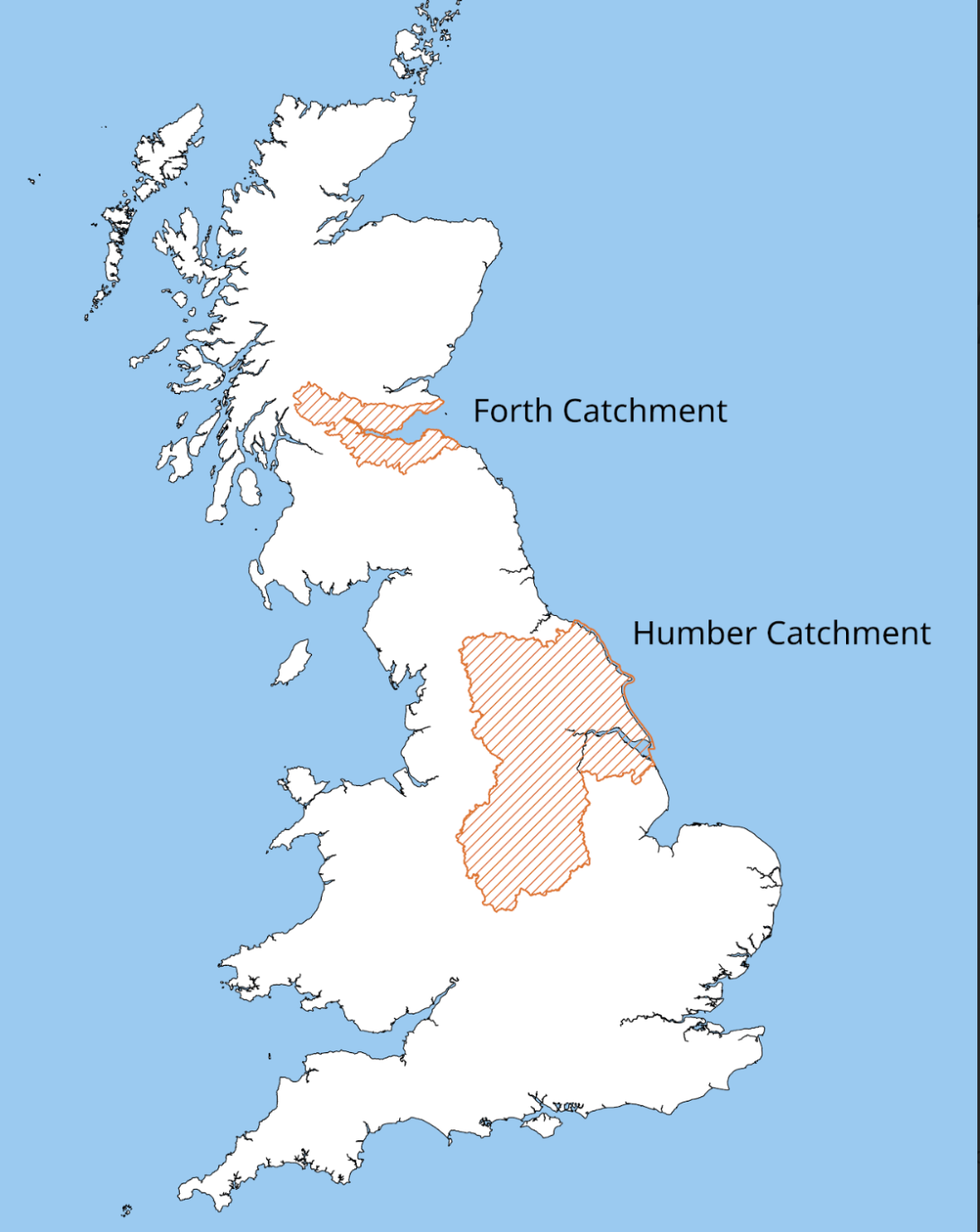RESPECT

RESPECT – Rapid Engagement with Stressed Peatland Environments and Communities in Transformation
Peatlands are one of the world’s most important habitats and the largest terrestrial carbon store. However, 80% of UK peatlands are damaged and deteriorating, meaning they are often a carbon source rather than sink.
The RESPECT (Rapid Engagement with Stressed Peatland Environments and Communities in Transformation) project will produce data, methods, landholder tools and proposals for governance reforms to change agricultural practices on peatland and contribute to the UK’s net zero target. We will achieve this by collating data through novel interdisciplinary collection, modelling and engagement methods. These data will establish the capacity of land and land users to contribute to the net zero target as well as generate other social and environmental co-benefits, balanced against conflicting land use demands, within the context of climate change.
Informed by this baseline data, the project will produce the Peatland Triage Tool (PTT), providing decision-support for landowners, land managers, farmers and crofters (collectively ‘landholders’) seeking to undertake peatland restoration. Governance reforms will be proposed to scaffold the social innovations necessary for transformative change. Two case study regions – the Forth and Humber Catchments in Scotland and England – will be investigated in-depth, where tensions exist between food production, historic environment preservation, carbon sequestration and ecological restoration.
Map of the two case study areas

The project aims to answer five key research questions:
- Where should peatland restoration take place based on the current and future physical capacities of agricultural land in the case study regions?
- How should peatland restoration be implemented based on the social capacities of key land stakeholders in the case study regions?
- How can landholders seeking to restore peatland be best supported in their decision-making to reduce emissions, as well as deliver other social and environmental benefits?
- What governance reforms are required to facilitate peatland restoration on agricultural land?
- How can the data, methods and tools established in the case study regions be scaled up to the national level?
These questions will be addressed through four core interdisciplinary work packages:
- WP1: Peatland Through Time and Space
- WP2: Social Capacities for Peatland Transformations
- WP3: Peatland Triage Tool
- WP4: Policy and Practice for Peatland Transformations
If you would like to receive updates about the RESPECT project via email, please subscribe to the project’s newsletter.
Subscribe to our Newsletter
A quarterly update of all LUNZ Hub activities, events and news stories.
